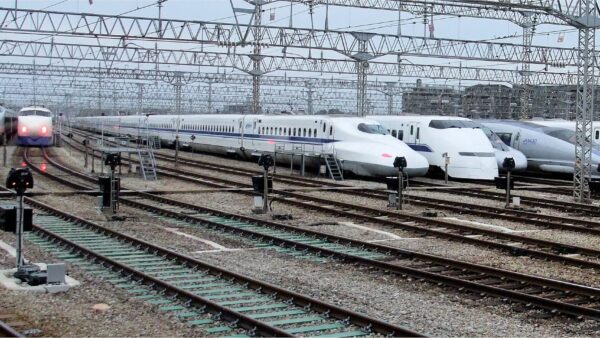FIFA has defended Qatar after a human rights charity claimed reforms introduced by the World Cup hosts were failing to protect migrant workers from abuse.
A 78-page report by Human Rights Watch (HRW) said unpaid salaries and wage abuses were widespread across at least 60 employers in the tiny Gulf state.
As well as construction workers helping build stadiums and infrastructure for the 2022 tournament, security guards, servers, baristas, cleaners and management staff were also said to be affected.
HRW claimed Qatar has failed to honour its commitment to the International Labour Organisation (ILO) in 2017 to protect workers from wage abuses and abolish the kafala system, described at the time as modern day slavery.
In its response, FIFA defended the Doha authorities saying there were “robust systems” in place to stop wage abuse.
“FIFA has a zero-tolerance policy to any form of discrimination and to wage abuse,” a statement from soccer’s world governing body said.
“Through our work to protect the rights of FIFA World Cup workers in Qatar, FIFA is aware of the importance of wage protection measures in the country and this is why FIFA and the other tournament organisers have put in place robust systems to prevent and mitigate wage abuse on FIFA World Cup sites, as well as mechanisms for works to raise potential grievances and practices to provide for remediation where companies fail to live up to our standards.”
A migrant worker from Kenya was among 93 people interviewed by HRW for the report.
He claimed he was been overworked, underpaid and confronted with the choice of either sticking it out or going back to Kenya saddled with debt.
“The government talks about reforming labour laws but most of it feels like it is only on papers. People on the ground are really suffering and rogue employers are getting away with gross injustices.
“The country is one of the richest in the world, but it was built and continues to run on the fuel of its migrants.”
According to the report, 59 examples of delayed or unpaid wages were found, and 13 instances of contract substitution.
This is when a worker signs a contract, often in the home country, that promises a certain salary only to find there is a new contract and smaller salary when he arrives in Qatar.
Michael Page, the deputy Middle East and North Africa director at Human Rights Watch, said: “We have heard of workers starving due to delayed wages, indebted workers toiling in Qatar only to get underpaid wages, and workers trapped in abusive working conditions due to fear of retaliation.”
But Qatar hit back, saying campaigners had focused on a “few, isolated instances” and that “nearly all individuals who come to Qatar for employment never experience any form of wage abuse.”
Latest figures show that around 20,000 people are employed by the Supreme Committee for Delivery and Legacy to work on the World Cup, which is little more than two years away.
Problems with wages have been made worse by the Covid-19 pandemic and last month state funded companies in Doha were asked to cut payments to non-Qatari employees by 30%.
On Tuesday the ILO said reforms in Qatar were ongoing to address issues raised by HRW.
A statement from the ILO Project Office for Qatar said: “As part of our technical cooperation project with the Ministry of Administrative Development, Labour and Social Affairs, the ILO has been working with several partners in assessing and strengthening systems and processes, including the Wage Protection System, complaints mechanisms and those relating to fair recruitment.
“This ongoing work will enhance wage protection for all migrant workers. At the same time, we have been supporting legislative changes, including upcoming laws introducing greater labour mobility and a non-discriminatory minimum wage that will address key underlying challenges faced by workers mentioned in the Human Rights Watch report.”
Image: Migrant workers in West Bay, Doha, Qatar (Alex Sergeev/www.asergeev.com/CC-BY-SA-3.0)
- Anthony Harwood is a former foreign editor of the Daily Mail
See also:










